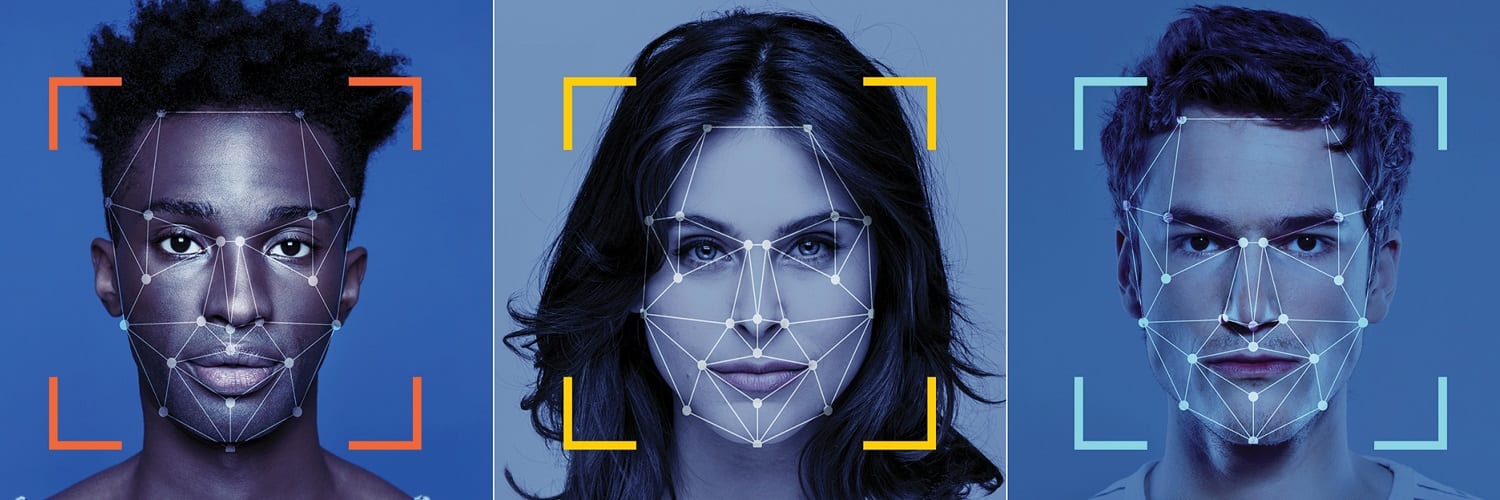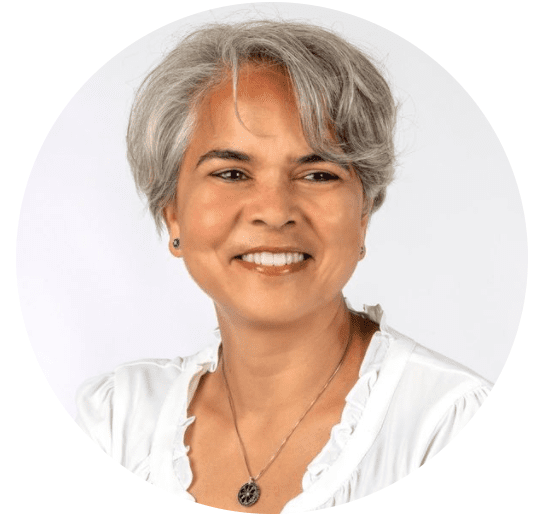Part 2: Not All Faces are Alike

Facial recognition technology has encountered controversy over claims of bias, and research at Notre Dame has uncovered that the accuracy of face recognition is different for different demographic groups. The same research is beginning to uncover the causes of these differences. Meanwhile, also learn how data can benefit society, along with the challenges that come with relying only upon the numbers.
Kevin Bowyer

Professor Bowyer’s research interests touch on many aspects of computer vision and pattern recognition, including biometrics, data mining, object recognition and medical image analysis. He is a Fellow of the Institute of Electrical and Electronics Engineers (IEEE), a Fellow of the IAPR, a Golden Core member of the IEEE Computer Society, and a recipient of an IEEE Technical Achievement Award. He previously served as the EIC of the IEEE Transactions on Pattern Analysis and Machine Intelligence, and the IEEE Biometrics Compendium, and as General Chair or Program Chair of a number of major conferences. He is General Chair of the 2017 IEEE International Conference on Automatic Face and a Chair of the 2017 CVPR Media Forensics Workshop.
One specific area of focus is face recognition, a technology that has encountered controversy in recent years because of claims of bias, but that is an area Bowyer is working to improve.
“My research is in the general area of computer vision; designing algorithms to extract information from images. This research is fun because it is like putting together a complicated puzzle; finding the causes of accuracy difference is important because it may reveal how accuracy can be improved.”
Kevin Bowyer
Learn more about Kevin Bowyer’s research on face recognition here:
- Article: Notre Dame partners with Securiport on research related to border security
- Research publication: Bowyer et al. (2019). Characterizing the Variability in Face Recognition Accuracy Relative to Race.
Marie Lynn Miranda
Marie Lynn Miranda, Charles and Jill Fischer Provost and Professor of Applied and Computational Mathematics and Statistics at the University of Notre Dame.

Marie Lynn Miranda began her tenure as Charles and Jill Fischer Provost of the University of Notre Dame on July 1, 2020, the fifth provost at Notre Dame since the position was established in 1970. The University’s second-ranking officer, the provost is elected by the Board of Trustees and, at the direction of the president, exercises overall responsibility for the academic enterprise. A distinguished scholar in the field of children’s environmental health, she is especially well-known for her research on childhood lead exposure. She served as provost at Rice University from 2015–19 and as dean of the University of Michigan’s School of Natural Resources and Environment for the four years prior to that.
In addition to her responsibilities as provost, Miranda is a professor of applied and computational mathematics and statistics at Notre Dame, maintaining an active research portfolio. She is a leader in the rapidly evolving field of geospatial health informatics and is the founding director of the Children’s Environmental Health Initiative (CEHI), a research, education, and outreach program committed to fostering environments where all people can prosper. Her interest in the joint effects of social and environmental exposures has led her to study the impact on health of racial residential segregation in particular.
Learn more about Miranda’s research and work here:
View the Event
Presented by Roger Woodard
Subscribe to the ThinkND podcast on Apple, Spotify, or Google.
Featured Speakers:
- Roger Woodard, Teaching Professor in the Department of Applied and Computational Mathematics and Statistics and Director of the Online MS in Data Science, University of Notre Dame
- Marie Lynn Miranda, Charles and Jill Fischer Provost and Professor of Applied and Computational Mathematics and Statistics, University of Notre Dame
- Kevin Bowyer, Shubmehl-Prein Professor of Computer Science and Engineering, University of Notre Dame
